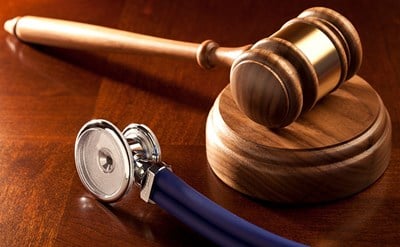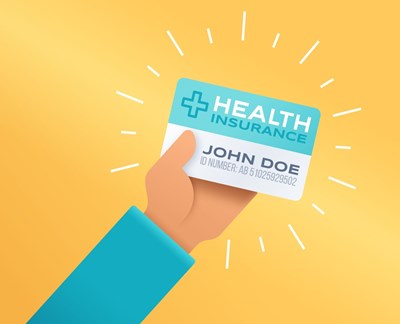It’s Saturday night, and your child has a fever. Or you are having chest pain. Or you are bleeding from a serious injury. Where should you go for medical care: the emergency department at your local hospital or the urgent care center down the street?
Always call 911 if you think you may be experiencing a medical emergency, such as chest pain or severe bleeding. For other, less-severe medical problems, the landscape can be a little confusing.
Emergency Care
Hospital emergency departments are prepared for every kind of medical emergency, Emergency departments are available 24 hours a day, every day of the year and have special equipment and highly qualified physicians, physician assistants and nurses to respond to every kind of adult or childhood medical emergency. Most are staffed by physicians with specialized training and board certification in emergency medicine. Emergency departments are obligated to treat any patient regardless of their ability to pay or their insurance status.
Go to the emergency department or call 911 if you experience the following:
- Trouble breathing
- Facial drooping or weakness in an arm or leg
- Chest pain
- Bleeding that lasts longer than 10 minutes
- Seizures
- Head trauma
- Sudden acute headache/dizziness
- Major broken bones
- Coughing or vomiting blood
- Sudden confusion, disorientation
- Severe abdominal pain
- Swallowed a foreign object
Urgent Care
Urgent care centers are not a substitute for emergency care as they don’t have the same equipment or trained staff that emergency departments have, but they can be a solid option for minor injuries or illnesses or if your doctor’s office is closed. Urgent care centers do not have a federal mandate to treat patients. Most accept health insurance but require payment at the time of service.
Call your doctor’s office or, on evenings or weekends, go to an urgent care center for the following:
- Regular cough
- Sneezing or running nose
- Sore throat
- Muscle or body aches
- Headaches
- Vomiting
- Upset stomach or diarrhea
- Rash
- Minor bone fractures
- Pink Eye
- Minor Cuts
- Earache
 American College of Emergency Physicians
American College of Emergency Physicians







